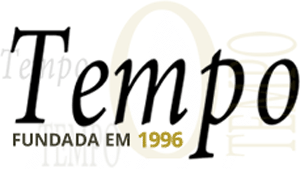This article aims at understanding the role played by the discussions about slavery and slave trafficking in the literate culture of Brazil in the 19th century, especially regarding the forms of figuring out the future of the nation. The way Canon Januário da Cunha Barbosa, an important politician and an illustrated intellectual, related projections of the future of the nation and treated the slavery issue (from 1830 to 1836) is analyzed. We discuss the use of projection modalities: prophecy and prognosis. Through them, Januário was involved in political discussions regarding the end of slave trafficking, and made political use of the Malê Revolt and Haitianism. The constitution of a horizon of antislavery expectation is indicated by the Canon, which is seen as one of the reasons to create the Brazilian Historic and Geographic Institute (1838).
intellectuals; slavery; temporality
